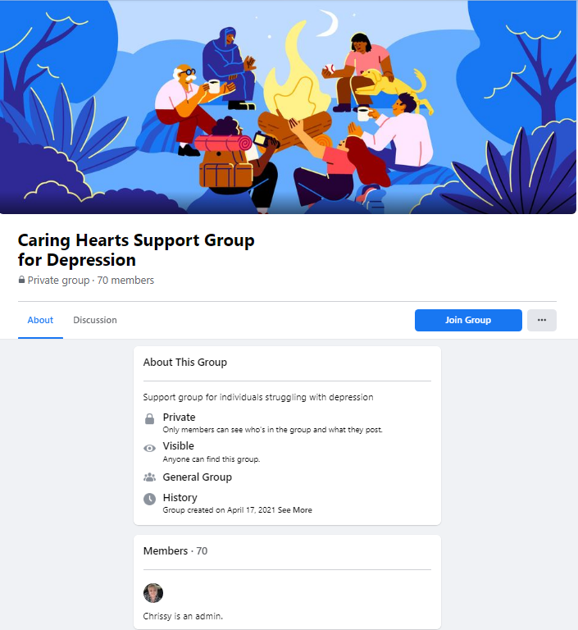The only things in the world that are evil without bias are the things that plague – and the worst part about the plague of depression is that it’s entirely invisible.
In Indiana alone, 36.6 percent of adults reported symptoms of a depressive disorder in October 2020 – nearly one out of every three adults, but out of those adults, only 22.4 percent seek help for it.
Depression within the state has become such a problem that the Kaiser Family Foundation labelled Indiana as one of the worst states for mental health care within the country, ranking 45th out of 51 (all 50 states and the District of Columbia). From just three years ago, Indiana fell 26 places, due to a lack of access to mental health care as well as a stigma surrounding mental health.
To combat the stigma, the month of May is Mental Health Awareness Month throughout the United States, providing support to mentally ill, educating those who aren’t and advocating for better policies to help the mentally ill and their families.
Due to the COVID-19 pandemic, as well as the combining factors that the pandemic has caused, overall mental health has dipped significantly in the country, leading to many other problems. The CDC reported over 81,000 fatal drug overdoses between May 2019 and May 2020, the highest number of overdose fatalities ever recorded. Thirteen percent of Americans reported starting or increasing substance use as a coping response to the pandemic.
Seeing these statistics, the non-profit national help plan CareSource works to provide support to Hoosiers with addiction and substance use disorders. IU Addiction researchers have stated that treatment options are sparse in Indiana, and even nonexistent in some parts of the state.
Chrissy Chatman, director of social services at Carmel Health and Living, saw just how devastating the pandemic has been on Hoosiers’ mental health, especially those in nursing homes unable to have visitors. Chatman remembered her own depression diagnosis, and how when it affected her that she would call her own best friend – who do the residents have?
“It was one of those random thoughts that you have,” Chatman said. “Some people don’t have anyone. Some people have worse situations. Some people can’t even get out of bed.”
In a way to help other people while helping herself, Chatman made the Facebook group “Caring Hearts Support Group for Depression,” and after being on the website for two weeks, there are already more than 70 members, ranging in ages from 20 to 68.
The group is only for people with depression or those who wish to support those with depression and while it is based in Lebanon, Chatman said it is not limited by location. She stressed that she is not a therapist and the group is not therapy, but it means to provide support and a community to try and help other people and promote involvement.
The group has met in person, where they exchanged phone numbers and provided more ways to be in contact with each other when they need someone to talk to. Chatman hopes to host bigger events and even have raffle prizes, it’s just a matter of organizing the outings and encouraging the group to partake in those outings.
She said there is no pressure for anyone to share any stories, but she hopes that people will at least listen and grow more comfortable with each other.
Chatman recalled just how difficult it is to receive help from other people, especially those who don’t have depression.
“Most people with depression feel like a burden, that nobody understands,” Chatman said. “So many people suffer from mental illness. So many people don’t even know. There’s a stigma … You’re not alone anymore.”
